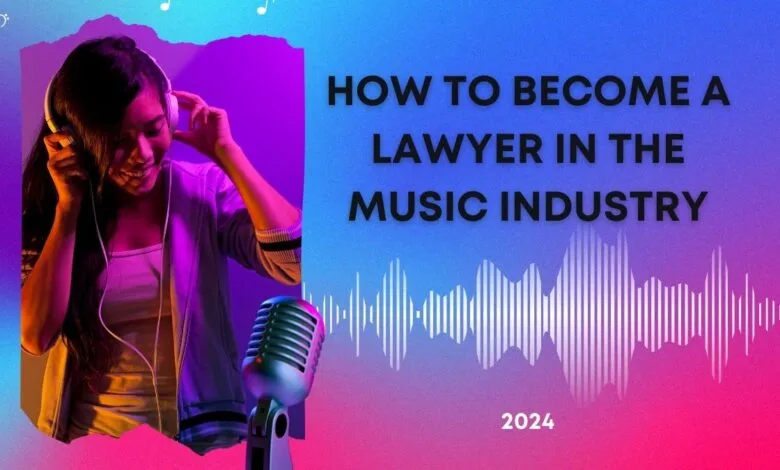
An attorney working in the music industry serves as more than just a businessperson; rather they serve as guardians of artists’ dreams and legacies. Their job requires not only years of legal education and real-world experience, but also knowledge of complex laws (intellectual property, contracts) as well as payment structures specific to an industry like music.
A talented music attorney must be both an accomplished businessperson and passionate artist, possessing both strong leadership abilities and artistic flair. Additionally, they understand the value of cultivating long-term relationships with clients – their client should feel safe when communicating with their attorney, while the attorney should clearly explain legal concepts to make sense to them.
Whenever music is used for commercial purposes, lawyers representing musicians and bands need to be familiar with both copyright law as well as local jurisdictional laws, such as in Europe or the US. Furthermore, they will need to be capable of drafting and negotiating contracts as well as reviewing and negotiating other types of agreements such as management or production deals.
Many attorneys will advertise that they can represent musicians in seeking record and publishing deals with major labels, but this often isn’t suitable for newer acts or those seeking development opportunities. A better choice would likely be finding an attorney who specializes in an area of law where help is required or can refer them to someone who does.
Potential clients frequently ask attorneys if they will “go shopping” on their behalf with record companies and publishers; often this question indicates that they do not believe they will have enough time and attention for one client at once. This may be seen as a red flag by attorneys indicating their distain for such activities as “going shopping”.
Attorneys that accept this type of work tend to be busy and charge higher rates compared to those who do not offer this service. Therefore, prospective clients should interview multiple attorneys and compare fees before choosing one as their representative.
Finding an attorney is best accomplished through referrals or searching online, searching for lawyers renowned within the entertainment field. Furthermore, attending entertainment law seminars offered by organizations like UT Law or PLI is beneficial as is socializing with musicians and businesspeople and seeking an internship (preferably on the business side) within music production companies; more exposure will lead to better representation for your clients in court.




